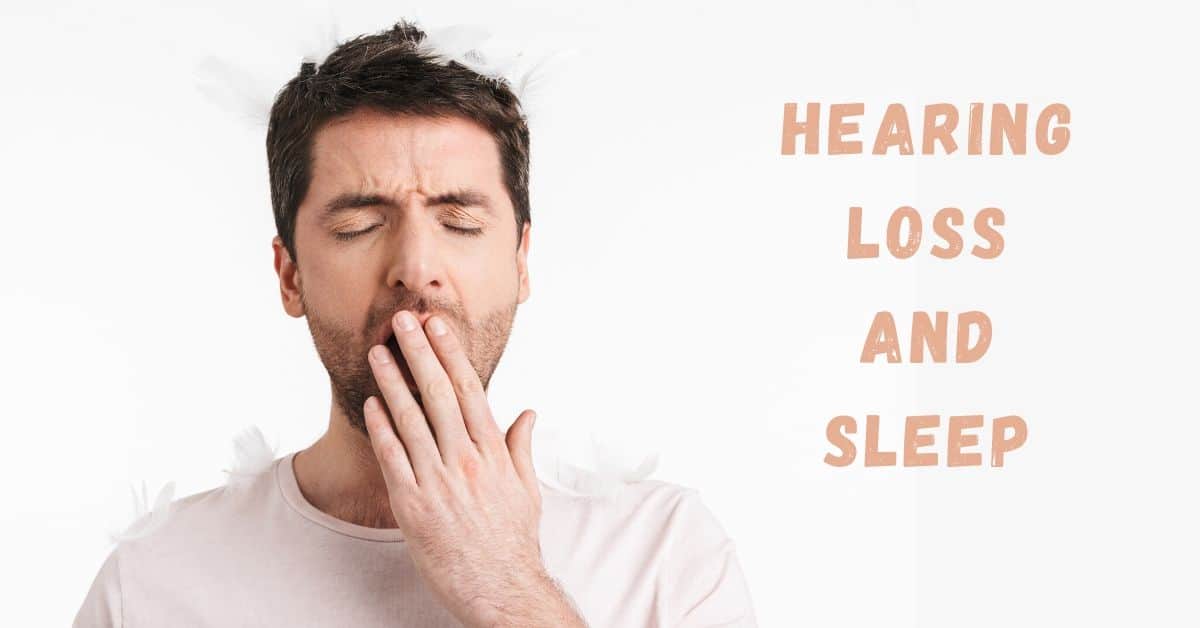- Understanding the Connection Between Tinnitus and Weather - May 17, 2025
- The Most Unexpected Reasons Hearing Aids Can Malfunction - May 9, 2025
- How OAE Testing Unveils Hidden Hearing Loss - April 15, 2025
Sleep is a complex process that remains mysterious in many ways to researchers. We know that sleep is essential to form memories and to regulate moods, yet exactly how this works in cognition is not entirely clear. Different forms of sleep are necessary for different mental and physical processes. For example, Rapid Eye Movement, or REM, sleep is necessary to actually stimulate mental activity, promote learning during the waking hours and to allow you to dream. The function of dreams is yet another psychological mystery. In addition to REM sleep, Delta sleep, or slow wave or deep sleep, is necessary to allow the brain to fully rest. In this state, the brain is said to consolidate memories into meaningful units and perhaps to forget the inessential details of daily life. With these many benefits of sleep, some are curious about the relationship between sleep and hearing loss. Does hearing loss make it easier to sleep? Does it work the other way that hearing loss inhibits sleep? What about tinnitus? Let’s take a moment to consider this complex relationship, as well as the role of hearing treatment regarding sleep issues.
A Two-Way Relationship
Studies have demonstrated two opposite effects in the relationship between hearing loss and sleep. Those who have deafness or serious hearing impairment have higher rates of insomnia, for starters. However, insomnia is not the only form of sleep disorder. Some reports say that these people have more trouble getting into Delta sleep, which can result in feeling unrested when waking up. Delta sleep makes it possible to reset the feeling of tiredness, and without enough Delta sleep, even if the total hours of sleep are appropriate, then a person can wake up feeling like they haven’t slept at all. In the case of deaf and hearing-impaired people, though they may get the same amount of sleep overall, there are lower rates of Delta sleep, making waking life more tiring.
On the other hand, some studies have demonstrated that milder forms of hearing loss can be related to better sleep. Particularly for older people, anecdotal evidence shows that hearing loss can make it easier to tune out the sounds of the environment that might otherwise wake a person up. Indeed, those who have hearing loss can find that it is easier to get to sleep and to stay asleep once they are in that state. One study even considered the relationship between cochlear damage and sleep ability among guinea pigs. Those with damaged cochleae actually achieved more REM sleep and Delta sleep on average, and researchers speculated that the greater ability to sleep had to do with the ability to ignore environmental stimuli. Indeed, more research is necessary among humans to determine how these many factors play out among people with different degrees of hearing loss.
Sleep and Tinnitus
One context in which the relationship is clearer has to do with tinnitus. Those with tinnitus, otherwise known as ringing in the ears, can actually have a range of sounds that persist throughout life: roaring, buzzing, whirring, or a high-pitched squeal, for starters. As you might expect, these sounds can make it more difficult to fall asleep, particularly because the quiet environment conducive to sleep can make the sounds of tinnitus even more profound. One of the common solutions has been to play white noise in a range that functions to cancel out the sound of tinnitus. When the sounds of tinnitus are cancelled out in this way, a person tends to have a better time getting to sleep and staying there once they are fully sleeping.
Hearing Aids and Sleep
One final note about the relationship between hearing loss and sleep has to do with the use of hearing aids. Most models of hearing aids are not designed to be worn at night, and hearing health professionals recommend giving your ears a chance to “breathe” at night, re-acclimating to the sonic profile of the world as it is. Though some new hearing aids are designed for extended use without removal, most of them should be removed in order to go to sleep. As an added bonus, you might find it easier to fall asleep in the newly quiet world once you have taken out your hearing aids for the night.

